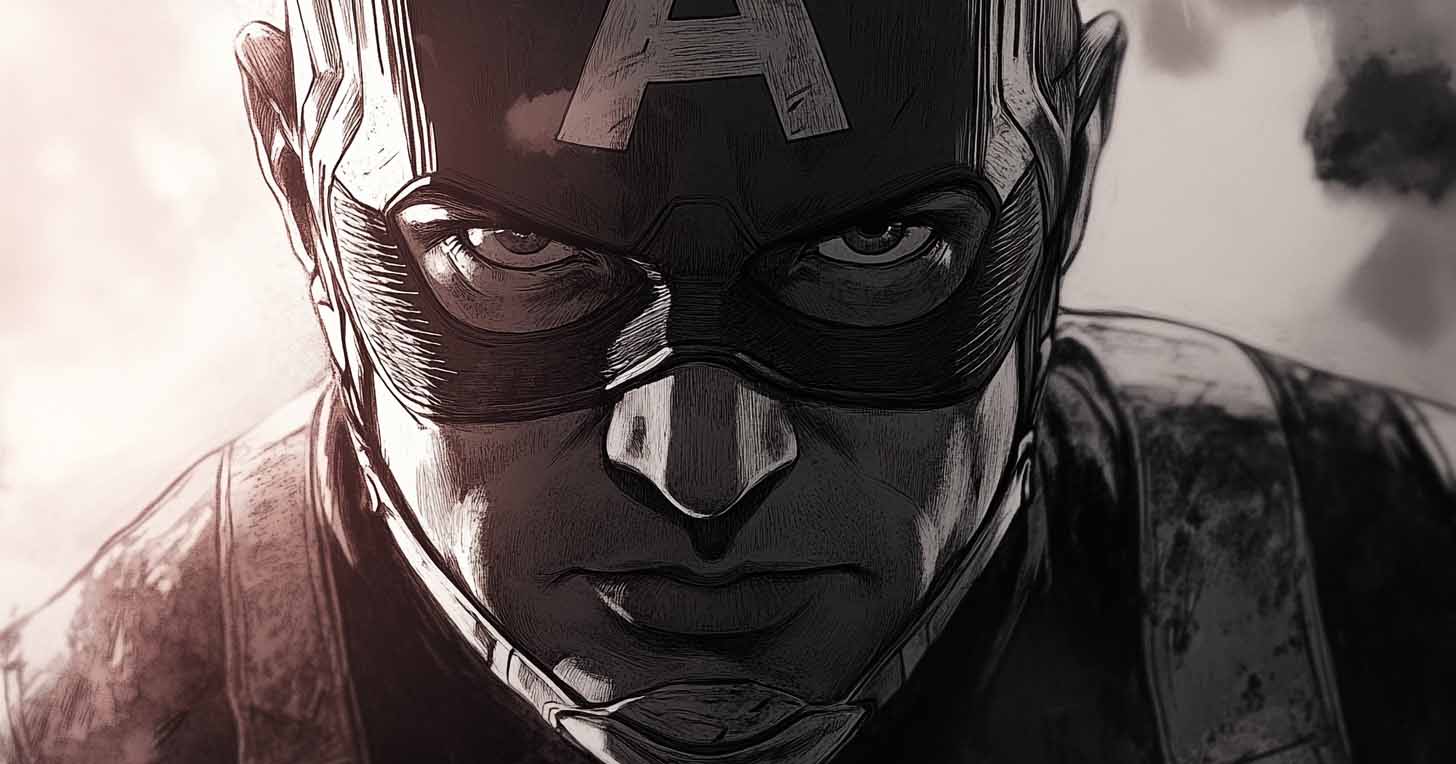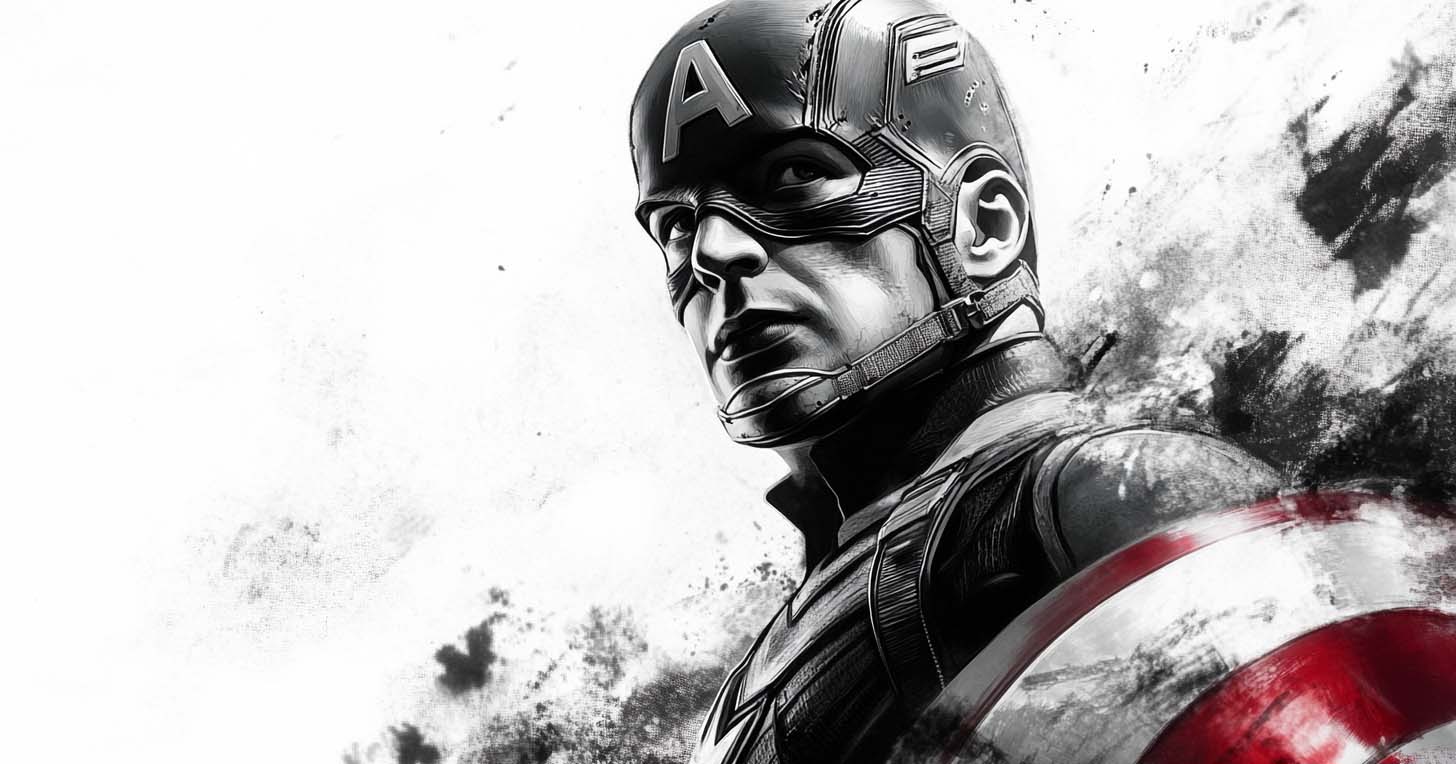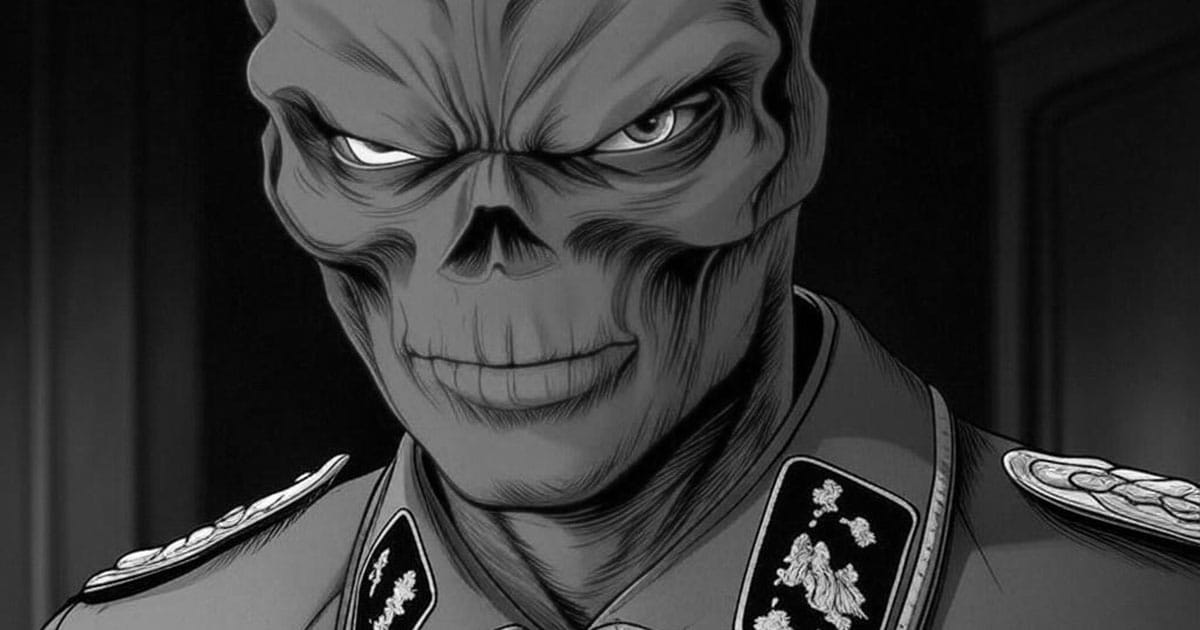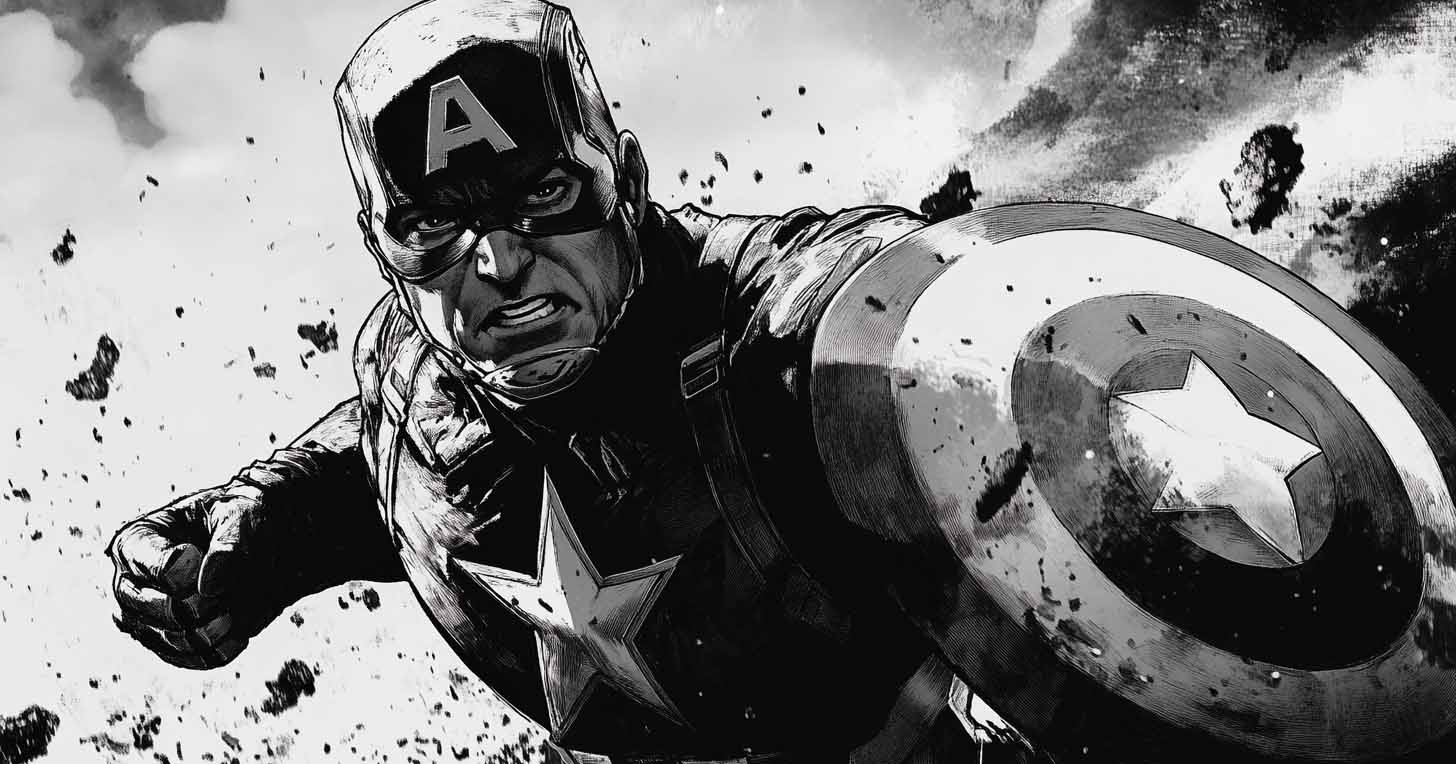Captain America is a Science Fiction Story in Disguise
Explore how Captain America's story weaves science fiction's core themes—human enhancement, time travel, and advanced tech—into a patriotic narrative, blending heroism with speculative innovation.

When one thinks of Captain America, the first images that come to mind are of patriotism, valor, and indomitable will. Yet beneath the red, white, and blue, this iconic hero stands as a quintessential science fiction character.
From his scientifically engineered origins to his engagement with time travel, Captain America's story is interwoven with speculative science and futuristic themes.
This Science Fiction Classics article delves into the core elements that establish Captain America as a cornerstone of science fiction, all while reflecting on the larger implications of his narrative.
Captain America was a Scientific Marvel
The tale of Steve Rogers' transformation into Captain America is grounded in one of science fiction's most enduring themes —the creation of the enhanced human.
In the early days of World War II, the frail but resolute Rogers became the subject of Project Rebirth, a government experiment helmed by Dr. Abraham Erskine. The Super Soldier Serum, coupled with Vita-Rays, propelled Rogers to the zenith of human physical and mental potential.
This speculative leap in biotechnology draws comparisons to Mary Shelley's "Frankenstein" and the science fiction fascination with humanity's manipulation of its own biology.
While Shelley's work cast a cautionary shadow over scientific hubris, Captain America represents the idealized outcome —a superhuman forged not for self-interest but for preserving justice and freedom. This origin taps into the optimistic vein of science fiction, where scientific breakthroughs are tools to better society, embodying the highest aspirations of human ingenuity.

A Science Fiction Arsenal
Captain America's arsenal, particularly his iconic Vibranium shield, showcases speculative material science. Vibranium, a metal capable of absorbing and redistributing kinetic energy, is fictional yet plausible within advanced materials research.
Such technologies resonate with the speculative frameworks seen in classic works like "Galaxy Science Fiction," where the interplay between technology and human advancement is a frequent theme.
Moreover, Captain America's adversaries —particularly Hydra— bring the darker edge of speculative science to the fore. Hydra's advanced weaponry and experiments reflect science fiction's preoccupation with the ethical boundaries of technological development. Their machinations remind readers and viewers of the dual-edged nature of innovation, paralleling real-world concerns during the atomic age and beyond.

Time Travel and Temporal Displacement
Captain America's saga took a dramatic turn with his cryogenic suspension and eventual revival in the modern era —a speculative concept akin to cryonics.
This narrative device, a staple in science fiction, underscores the timeless question, how does one adapt to a world that has moved on without them?
Further cementing its science fiction credentials, "Avengers: Endgame" explored time travel as a pivotal plot element. Using the fictional "quantum realm," the Avengers embarked on a mission to alter past events. This storyline adhered to the tradition of speculative fiction grappling with the mechanics and ethical conundrums of temporal manipulation, reminiscent of classics like "The Time Machine" by H.G. Wells.
Captain America's eventual return to live a life with Peggy Carter introduces a paradox, echoing the timeless science fiction debate over whether one can truly change the past without unforeseen consequences.
Genetic Engineering and Human Enhancement
The themes of genetic enhancement extend beyond Rogers himself. Hydra's Red Skull represents a cautionary tale of unbridled scientific ambition. Where Rogers embodies the altruistic application of science, Red Skull showcases its hubris and potential for corruption. This dichotomy is a recurring motif in speculative fiction, where enhanced abilities often come at a moral or physical cost.

Beyond villains, the question of whether humanity should strive for perfection or remain content with its natural limitations permeates the genre. Captain America's narrative invites contemplation of these questions, positioning him within a tradition that includes stories like "The Gods of Mars and Flatland," where speculative ideas are used to critique human nature and ambition.
Captain America is Science Fiction
While Captain America is celebrated as a patriotic superhero, his story is, at its heart, a science fiction masterpiece.
His narrative delves into themes central to the speculative genre, from his scientifically engineered origins to his engagements with time travel, advanced materials, and human enhancement.

The Star-Spangled Avenger may fight for liberty and justice, but he also serves as a reflection on the promises and perils of scientific advancement.
In Captain America, science fiction fans find a hero who transcends the boundaries of time and technology. His journey reminds us that the best speculative tales are not just about gadgets and discoveries but about how these innovations shape humanity's destiny.
Captain America stands as a beacon of what science fiction at its best can achieve —a bridge between the imagined future and the ideals we strive to uphold today.
| Name | Alias | Period Active | Notable Storylines |
|---|---|---|---|
| Steve Rogers | Captain America | 1940s-present | The Winter Soldier, Civil War |
| William Naslund | Captain America | 1940s | |
| Jeffrey Mace | The Patriot | 1940s | |
| William Burnside | Captain America | 1950s | |
| John Walker | Super-Patriot/U.S. Agent | 1980s-present | |
| Isaiah Bradley | Captain America | 1940s | |
| Bucky Barnes | Winter Soldier/Captain America | 1940s-present | The Winter Soldier, Death of Captain America |
| Sam Wilson | Falcon/Captain America | 1960s-present | Brave New World |

